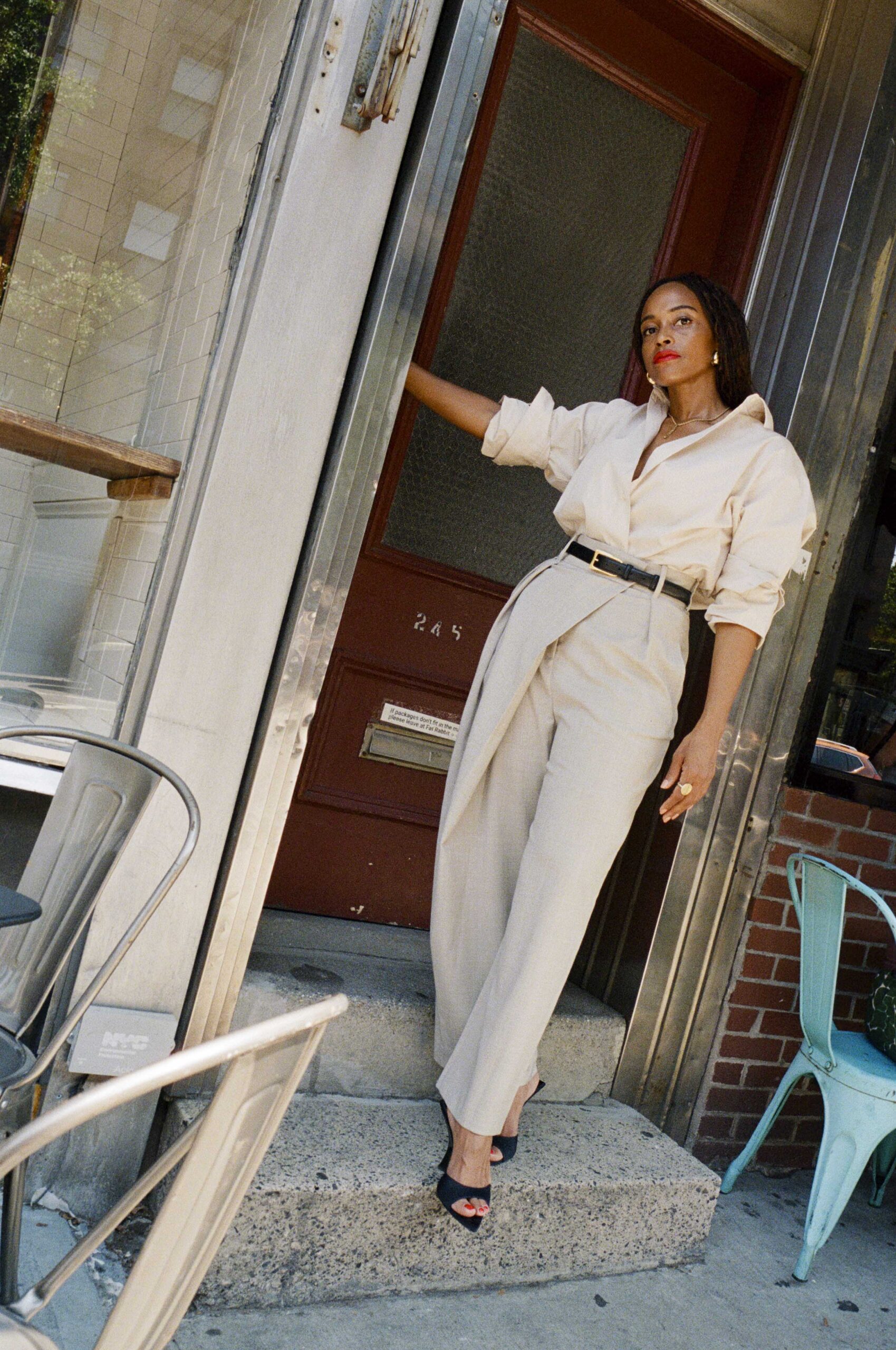
A girl escapes the downtown gauntlet only to find herself back in town, quietly rage-addled at a dinner party on the Bowery. Another scene-entrenched girl survives the Adderall shortage, only to make an SOS call from inside the house she’s been squatting in and ends up attempting a sort of prayer, palms upturned before an ATM in the gloaming. Another flees freelance hell for an ostensibly utopian commune in the Midwest, which turns out to be riddled with demons that promise trans girls revenge bodies and book deals, for the low price of their agency (who needs it when you can have an agent?). Two aspiring artists embark on heroine’s journeys straight into the bowels of downtown Manhattan (with a pit stop at Bard, obviously). A mother raises a daughter, tracing the tributaries of her family’s Southern past as she plants roots in the buckling New York concrete.
This is just a sliver of the harrowing terrain this year’s crop of debut authors traverse. With startling clarity, cynical wit, and an intellectual rigor rooted in a yearning for connection, Zoe Dubno’s Happiness and Love, Anika Jade Levy’s Flat Earth, Grace Byron’s Herculine, Stephanie Wambugu’s Lonely Crowds, and Sasha Bonét’s The Waterbearers break into the canon of contemporary literature, dissecting American womanhood in our ever-fracturing culture. This new generation of writers straddles the young millennial-Gen Z divide, alternately channeling the ironized, dissociated ennui of the early 2020s post-feminists and bravely embracing cringe when it counts. Byron and Bonét’s careers as critics lend their literary prose an analytical, anthropological eye, while Wambugu and Levy’s work editing magazines informs their tender yet eviscerating fictional portraits of creative industries.
Adult women have had a rough couple of years, extorted to infantilize ourselves at every turn. Nevertheless, we persisted—through the desert of girl dinners, girl math, hot girl walks, and West Village girls—until we made it to the promised land (publishing deals for women bravely identifying as such instead of as girls, “literary,” “It,” or otherwise). Don’t get me wrong, I am grateful I can get away with wearing Brandy Melville in my 30s, and I respect a literary It girl as much as any boy genius. But the thing about girls is that we can do both; we’ve been training to tiptoe along the tightrope between girlhood and womanhood our whole lives. A breath caught mid-trapeze act, the moment you realize the spotlight is only on you because you’re the magician’s assistant and everyone wants to watch as you get sawed in half: It’s these moments of recognition, glimpses of the danger inherent to embodying certain feminine archetypes, that these books so delicately crystallize. They ask searing questions about the extended adolescence imposed on us by the aspirational aesthetic and mindset of perma-girlhood, and interrogate the artifice inherent to any artistic “scene.”
This new raft of writing riffs on our collective and individual delusions in a moment when “delulu” has become a resting state for Gen Z, wielded as both a cutting insult and a lobotomymaxxxed total vibe. These books are willing to embarrass their characters and their writers, writhing around in the morass of feminine abjection and admitting delusion is often the only way out of the swamp of degradation. The reader isn’t spared either—strap in for “humiliation traps,” “extended-release nervous breakdowns,” and even epiphanies, when “suddenly the opaque bec[omes] transparent.”
But clambering out of quicksand requires someone to throw you a lifeline. These are stories about women in communion—through friendship, mimetic desire, crises of the sexual and artistic marketplace, and coming of age. The rose-colored glasses are coming off, along with the bows and baby tees. For CULTURED’s fashion issue, I spoke with Bonét, Byron, Dubno, Levy, and Wambugu about the demise of the New York novel, the rise of the manifestation daughter, topping from the bottom, and more.
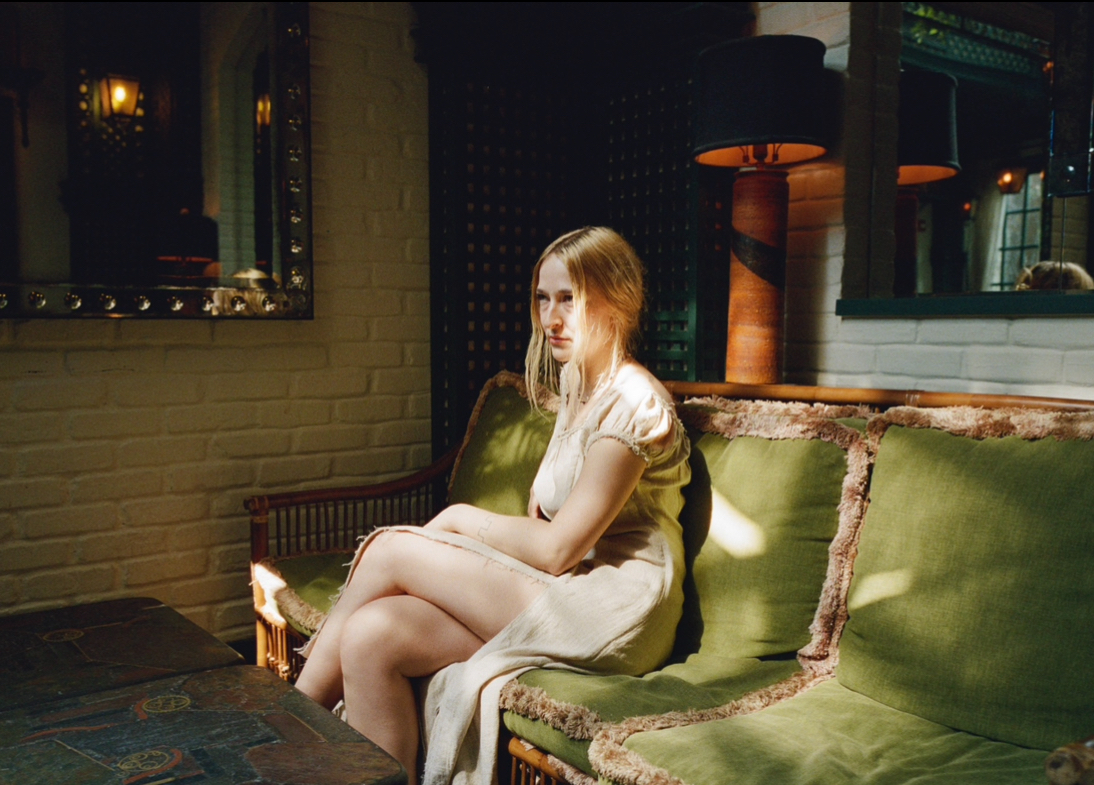
Anika Jade Levy, Flat Earth
Flat Earth, Anika Jade Levy’s debut novel out Nov. 4, depicts an aspiring artist’s coming of age and coming apart in an avaricious, insidiously misogynistic downtown art scene. A founding editor of downtown literary rag Forever, Levy is also a professor at Pratt Institute.
People love to hate on the “Internet novel.” How do you illuminate or obscure the omnipresence of technology in contemporary life?
My book is about the Internet in the same way that it’s about sex work—which is to say that it’s not, but it’s in the water. The Wi-Fi is in the air. I’m not concerned with making a timeless work of art. I know it’s going to be timestamped. Technology is a concern of this book insofar as it contributes to our alienation and the encroachment of capitalism into human relations, especially romantic ones.
The 5G is in the air and in the bedroom.
You know the meme where the man is holding headphones up to a pregnant woman’s belly and he’s playing Alex Jones and then he’s like, “I told her it was Mozart”? That was me in graduate school, trying to do the reading, then going home every night and watching Infowars. I was mainlining the most destructive material on the Internet to get a sense of what was going on with men. I wrote the book in 2022, a period where gender fluidity was more present, but I had the sense that we were moving towards a battle of the sexes moment, and we have.
These days, people call their peers delusional even as they proudly self-identify as blissfully delulu. What delusions are worth mining from a literary perspective?
Before this narcissistic surveillance state, only dreams allowed us to experience ourselves as cinematic third-person narrators. Now we do that all the time—I think the corollary for the male conspiracy theorist is the manifestation daughter, because we are living in a moment of widespread secularism that feels historically unprecedented. This book was written from a place of delusion. There are lots of reasons why it seems like it’s about me, but all of them happened after I wrote it, which has made me feel more delusional. The book starts with the Adderall shortage—I wrote it before that happened. The book deals with female mimetic desire and the narrator’s undoing at the success of her best friend. My best friend did not see commercial success until the moment after I sold this book. The things that we create, we’re subconsciously patterning.
“There are ways of seeing that are contingent upon a degree of ignorance or naïveté only available to young women.”
If you were writing the künstlerroman—artistic coming-of-age story—of your own life, what would you title it?
Soft Power. I’m interested in ways women wield power and embody archetypes. My next book will be about becoming more intellectually rigorous and being surrounded by a lot of educated, brilliant older men. That’s been the most humiliating experience in my life—being at a New Left Review dinner party when everyone’s talking about Italian fascist literature. And I say, “I like Elena Ferrante.” As a woman, somebody’s girlfriend, somebody’s daughter, somebody’s dinner date, there is this need to sing for my supper. With this book, the performance [of the narration] is: I don’t want to take up too much of your time, I’m sorry. I’ll try to be funny, to keep it brief. That’s not the archetype the women in this book are embodying. Everyone in the book is really two-dimensional—I wasn’t interested in writing nuanced female characters.
We famously need more women in male-dominated spaces, including in the writing of flattened-out female characters.
I’ll never forget something Lynne Tillman told me when I said something misogynistic. She responded, “That’s the problem with women today—or, I guess you’d probably call yourself a 29-year-old girl.” That’s the archetype I was investigating: a woman in an extended adolescence. There are ways of seeing that are contingent upon a degree of ignorance or naïveté only available to young women. I’ve been thinking about the muse discourse, and my conspiracy theory is that these great 20th-century men were using these girls not for their sexual viability, but because there are certain perspectives that are only accessible through the stupidity and delusion of a young woman.
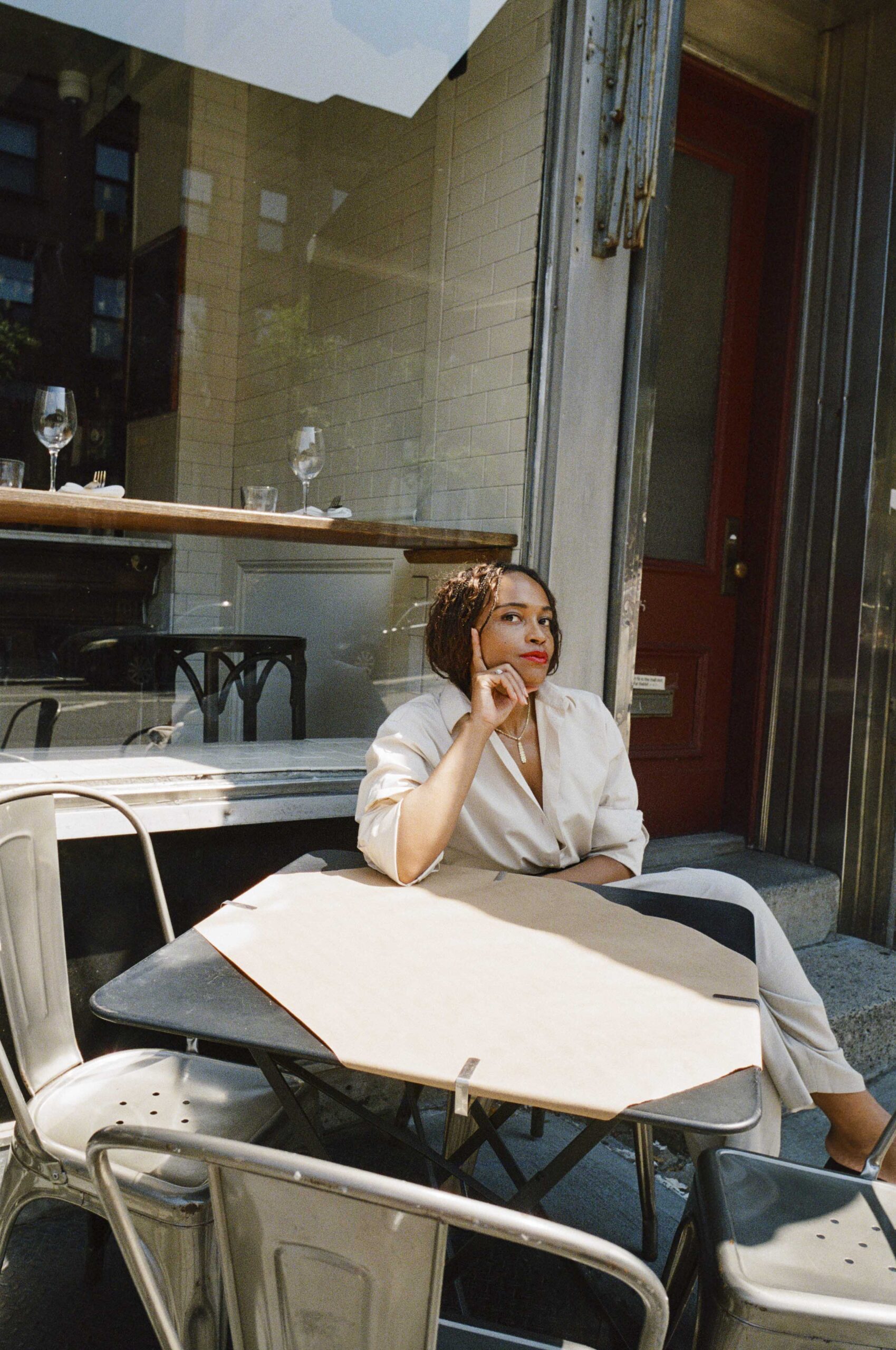
Sasha Bonét, The Waterbearers
Columbia writing professor and cultural critic Sasha Bonét’s first book of nonfiction, The Waterbearers, is out Sept. 16 and maps Black matriarchy in America, excavating this country’s self-delusions and spotlighting her own ancestors’ stories of survival, love, and legacy.
These days, people call their peers delusional even as they proudly self-identify as blissfully delulu. What delusions are worth mining from a literary perspective?
Few things have this double edge of being really acceptable and also really shameful. In the book, I talk about class and upward mobility within Black families. If one actually thinks about the terror, perils, and obstacles in life, it’s hard to get out of bed. Delusion is certainly necessary to succeed, but there’s a very thin line between the level of delusion that’s inspirational and the level that’s going to make you end up an Anna Delvey. What makes her so interesting is that we can all recognize a level of delusion in the way we construct ourselves, which is rooted in the social media requirement that we construct narratives of ourselves and uphold them, which can get exhausting. In the case of the people I’m writing about, if you’re a woman, and you’re Black, and you’re poor, you have to have a level of delusion in order to believe that your life is worthy. Everything around you is telling you it’s not.
If you could commission Goodreads reviews from three people, living or dead, who would they be?
Tracee Ellis Ross, because she’s so funny and I think she’d really understand the book—she’s also not a mom, which would be an interesting perspective. Sojourner Truth, whose speech “Ain’t I a Woman?” connects to many themes in the book around Black women, femininity, and womanhood. And Janet Malcolm, the ultimate critic.
“Delusion is certainly necessary to succeed, but there’s a very thin line between the level of delusion that’s inspirational and the level that’s going to make you end up an Anna Delvey.”
What’s the literary landscape oversaturated with? What are we missing?
Funnily enough, the literary world is oversaturated with motherhood books, one of which I wrote. The millennials are mothers now, and that’s what we’re talking about. There are also a lot [about] mental health spiraling, people diagnosing themselves—I’m all about mental health, I love it, but it’s being weaponized in the world at large as a way for people to avoid accountability or victimize themselves to feel more interesting.
Your book is a map of matriarchy and a portrait of sororal bonds across family lines, timelines, and gulfs of class and fame. It is a memoir of the women in your own family, but also a memoir of the famous and infamous women who helped forge your family members’ psyches without ever meeting them. How did you decide to include women outside of your family in this memoir?
It worked the other way around. I wanted to talk broadly about the impacts that Black women, like the funk musician Betty Davis, had on American culture, but I needed to narrow the story down. So I turned to my family as a way to say, “These women represent everything I’m trying to illuminate about the history of Black womanhood in this country,” especially when I needed to fill in gaps. I needed to know what my mom was up to when she was a kid, and she can’t really access her memories because the trauma blocked out a lot of them. So I asked, what was she watching? In the late ’50s, Essence and Ebony were coming about. Most American families had TVs. “Black Is Beautiful,” the crack epidemic, HIV—these things informed my understanding of how these women were constructing themselves, helping me shape their characters.
Your prose is so unique in nonfiction, especially the reported history subgenre; it is almost drastically lyrical. What were you reading for inspiration while writing this?
I’m a daughter of Toni Morrison. I grew up in complete awe of her work. I also love Hilton Als. With his criticism, he opens the door to say nonfiction doesn’t have to be what everyone is telling you it needs to be. I was also reading Leslie Jamison’s Splinters—she opens up the wound and digs around in there. Also, Legacy Russell’s Black Meme, and Natalia Ginzburg—her families become a whole universe.
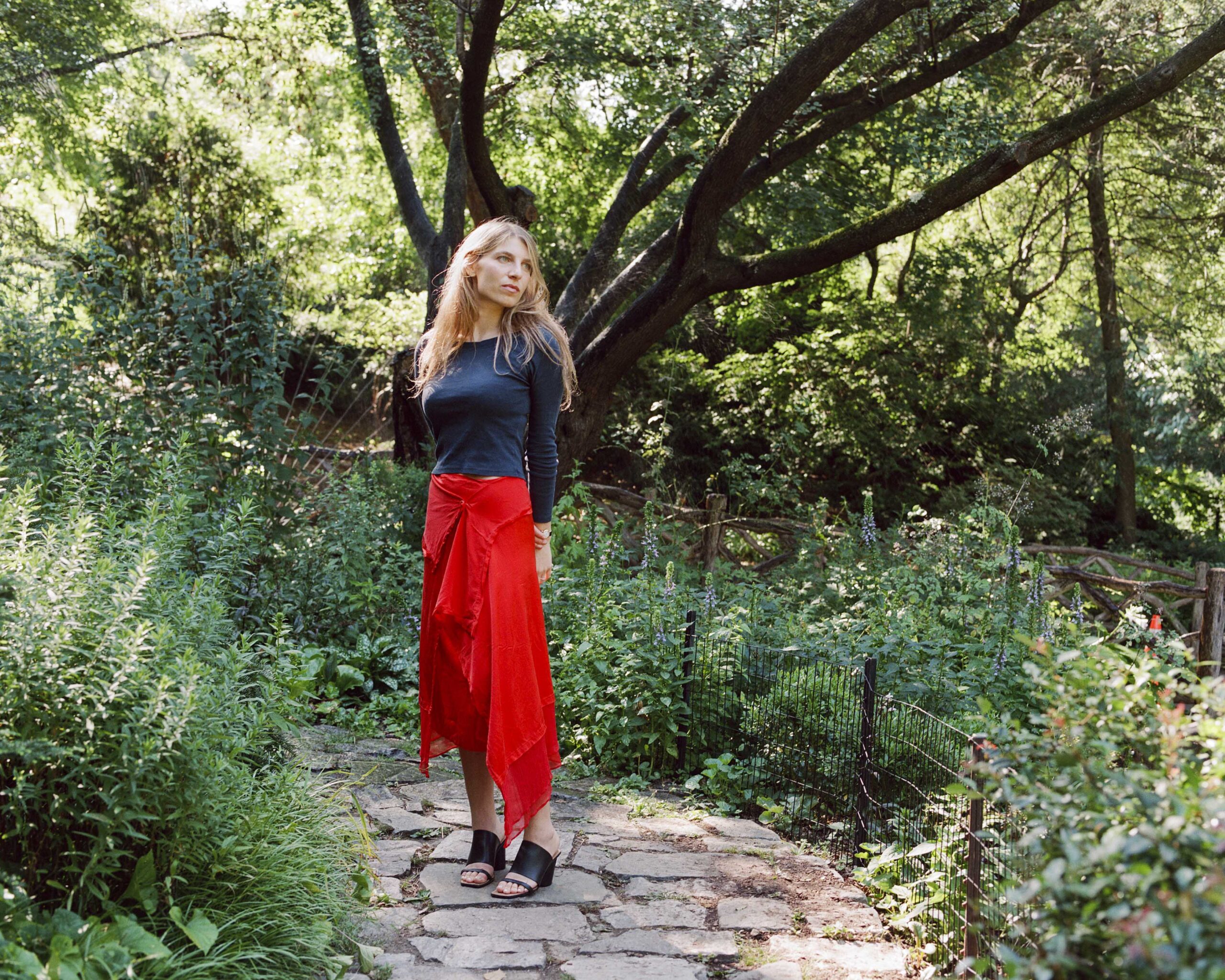
Zoe Dubno, Happiness and Love
The New York native is a critic and fiction writer whose debut novel, Happiness and Love, published this past April, is a searing examination of the moral vacuity and predatory logic of the downtown art world.
What about your book is humiliating—for you, for the reader, and for the characters?
My whole book is about humiliation. The narrator is back with these people that have power over her, but she thinks they are so stupid. She’s constantly thinking, It’s humiliating that I still let these people have so much power over me. They’re so worthless and I’m so aware of it, yet here I am with them. The narrator is certainly not me; she’s a bit more on one than I am. I bet she doesn’t have Instagram; it would probably ruin her life. She’s such a hater that she doesn’t even need to fire up the hater machine.
What is your protagonist’s favorite book? What would she tell people is her favorite book?
There’s that line in The Bell Jar when Esther is freaking out, wondering, What am I supposed to be? That book is probably very important to the narrator, but she would be way too embarrassed to say so. She’d be like, “Have you heard of this tiny press in Sweden?”
What is the literary landscape oversaturated with? What are we missing?
The literary landscape is oversaturated with slightly misogynistic discourse around who the author girls are. Then there’s “brodernism.” Fuck off, actually. We have a publishing landscape that requires authors to do so much self-promo because people don’t read magazines. Getting a great review doesn’t translate into sales, and people have to eat. No one wants to have to be an Instagram influencer—or maybe they do, but I don’t. I doubt most authors do. So, I’d love it if we could just get a pause on the para-discourse about “girl” authors. Those are smart ladies.
“The literary landscape is oversaturated with slightly misogynistic discourse around who the author girls are. Then there’s ‘brodern – ism.’ Fuck off, actually.”
This book is really fucking funny—your sarcasm is knife-sharp but not cynical; there’s a certain rueful mercy in your jokes that runs through even your protagonist’s most dire negative judgments. How did you strike that balance?
In You’ve Got Mail, Meg Ryan says, “I never know the right mean comeback until after I’ve left the situation.” When she eventually says it [in the moment], she’s like, “I really wish I didn’t do that, that feels terrible.” That’s my life. I always say the mean comeback and wish I didn’t, because I want to be nice. Luckily, while you’re writing, you can allow the mean thought and the tender thought to come through at the same time.
This book deals in archetypes, arguing that the creative class often misconstrues an archetype as a subject, when in fact they’re too flat to be fertile artistic subject matter—the flaneur, the passante, the “hysterical woman who realizes her life is a lie.” Why did you choose to interrogate these figures?
I was mostly joking about people who are so invested in being right now. This is another Internet thing—being like, “I’m so mermaid-core” or “I’m a VSCO girl.” We’re addicted to types. When I was a teenager, I felt like I was one kind of person, but wait—I also like this other thing. Is that going to be a problem for me for the rest of my life? Well, no, you’re allowed to do whatever you want, but also yes, because you want to fit in.
If you were writing the künstlerroman—artistic coming-of-age story—of your own life, what would you title it?
Having grown up on the Upper West Side in a stereotypically loud Jewish household, it would be Girl Portnoy’s Complaint. With less jerking off and more teen longing.
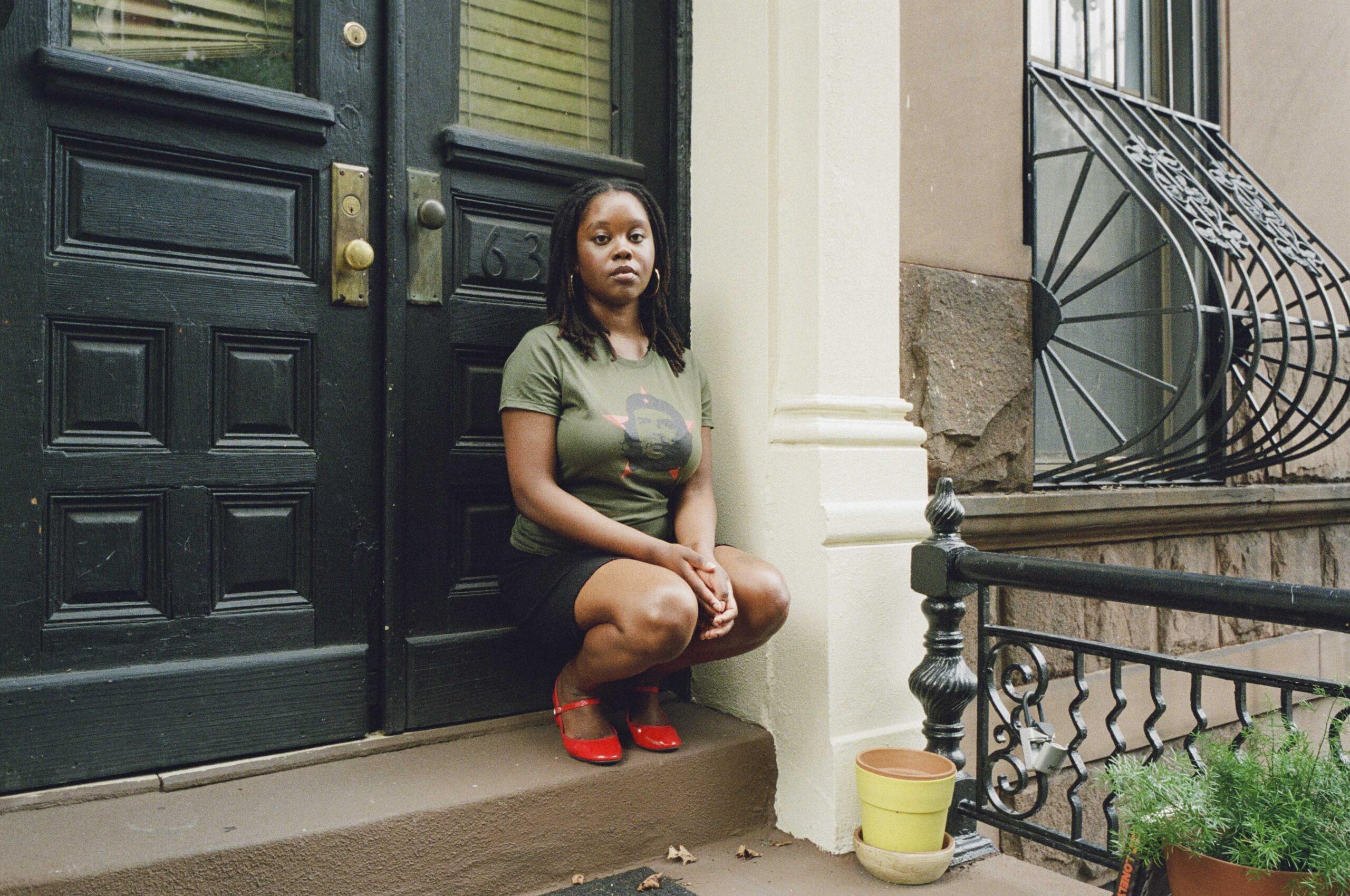
Stephanie Wambugu, Lonely Crowds
The Kenyan-born, Rhode Island-raised writer Stephanie Wambugu is an editor at Joyland. Lonely Crowds, her first novel, published this past July, traces the origin and eventual dissolution of a friendship that alters the course of two young women’s lives.
What about your book is humiliating—for you, for the reader, and for the characters?
My character is really self-flagellating. The narrator is self-effacing, but is she topping from the bottom? It’s an insidious way of wielding power without seeming to. She’s able to climb the ladder, but presents as quite weak. In terms of the writing, it’s embarrassing to be so earnest over 300 pages. You can’t disavow it. Even in this post-ironic society, you can’t write a novel and be like, “I was just doing a bit.”
What is your protagonist’s favorite book? What would she tell people is her favorite book?
Her favorite book would probably be Sula by Toni Morrison, but I think she would lie. There’s a period in the novel where she’s pining over this Marxist; I think she would say something that he liked.
If you could commission Goodreads reviews from three people, living or dead, who would they be?
I would love a really scathing one from Gary Indiana. Maybe one from Frantz Fanon. Lastly, any enemy of mine.
“It’s embarrassing to be so earnest over 300 pages. You can’t disavow it. Even in this post-ironic society, you can’t write a novel and be like, ‘I was just doing a bit.’”
If you were writing the künstlerroman—artistic coming-of-age story—of your own life, what would you title it?
The title would be Working. I’d like to use it as a title for a memoir because I think writing is as much a calling as it is about making money and the bottom line. I would probably include my bank statements at various moments to punctuate it.
What’s the literary landscape oversaturated with? What are we missing?
What’s missing is more contemporary African fiction that feels closer to auto-fiction. I’m curious about what the next generation of African writers will be like, which ones will be visible in the United States—who, internationally, is able to break through.
Suffering is integral to your narrator’s creative process, both for her art as well as her self-concept. But she’s also experimenting with pleasure. How do those sensations map onto each other?
It’s a source of sadness for me to see how hard people try to alleviate negative feelings. I’m not anti-antidepressants if you need them, but I sometimes feel that by trying to bypass suffering, people are depriving themselves of the low that would actually make the high palpable. I don’t think those are things to be avoided. My narrator is capable of states of gratitude and feelings of devotion and loyalty that are directly proportional to the intensity of her suffering.
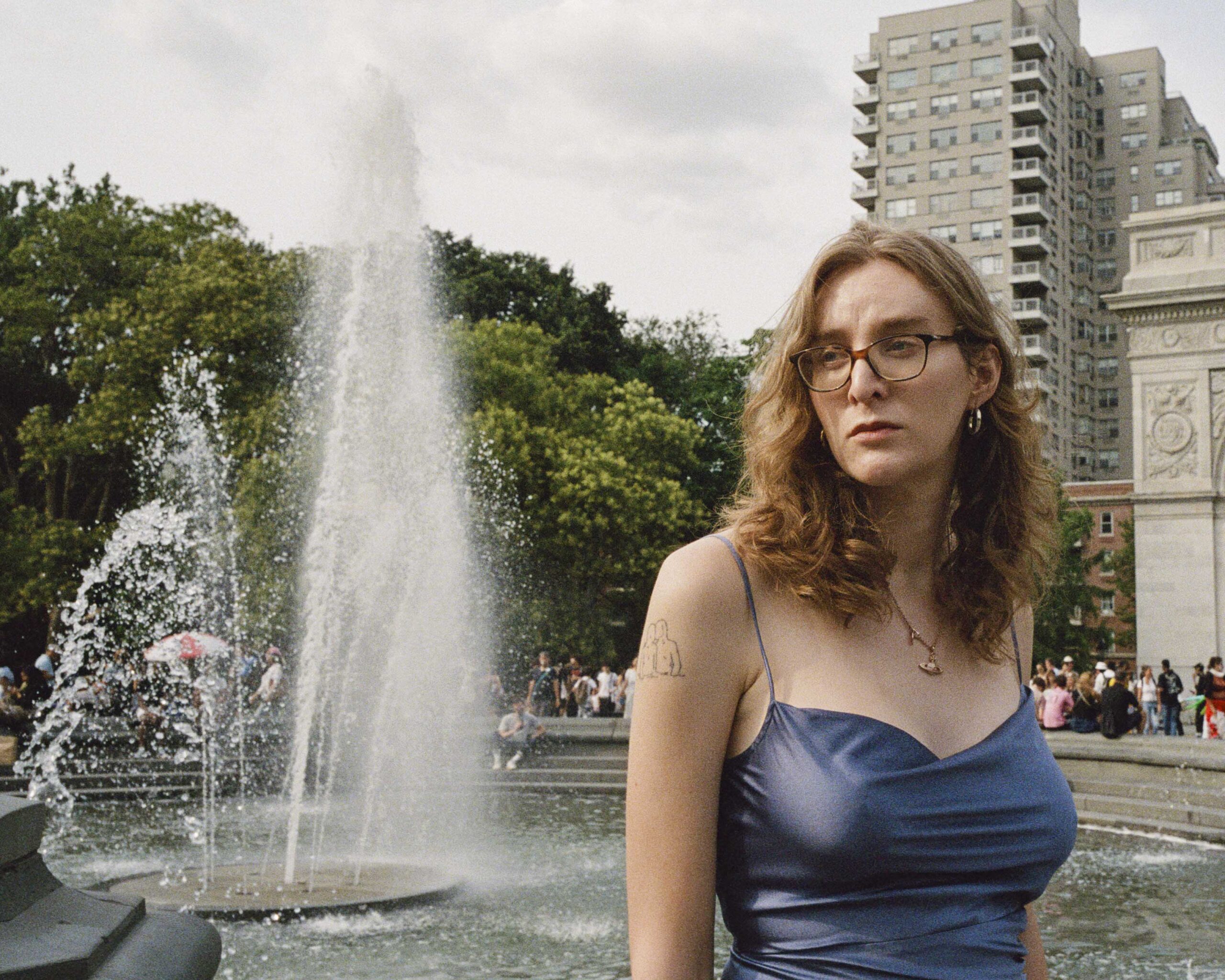
Grace Byron, Herculine
Grace Byron is a celebrated critic raised in the Midwest. Her novel Herculine, out Oct. 7, follows a flailing freelancer who flees Brooklyn for a commune in rural Indiana, where supernatural spirits prey on young trans women.
What about your book is humiliating—for you, for the reader, and for the characters?
Putting out a book is humiliating. I was talking with Torrey Peters, who called it masochistic; you’re inviting people to say nasty shit about you. My narrator is humiliated by her inability to blend in, but also her inability to have a bourgeois life in New York, to have a romantic partner who’s legible. For a reader, there are lots of humiliation traps in the book. It’s like, Okay, you want the trans girl sob story? I’m gonna give it to you, but in an aggressive way. There’s also a lot of making fun of liberals, girl bosses, and freelancing, which is its own humiliating experience.
The “literary It girl” concept caused quite the online controversy. Do you think she exists? Is that term complimentary or derogatory? Do you consider yourself one?
There could be a more expansive view of what we think a literary girl is. It’s too often thought of as, Who’s going to the little downtown magazine parties? Who’s beautiful? Who writes on Substack? It’s become a cliché, or an insult, but I think to be called a literary It girl, you have to be happening. And to be happening, you have to have some brains. A lot of the people in this discourse are extremely smart, hardworking, and thoughtful—I admire their work a lot. I don’t know if I’m a literary It girl. Do you have to be cis to be a literary It girl?
I definitely don’t think so. I think of you, of Jamie Hood…
Thank you. The boys in the DMs certainly think I am.
“I think the era of very thin, cis white girls getting $100,000 to write their diaries should end. Get a job. What’s underrepresented? Bring men back.”
What’s the literary landscape oversaturated with? What are we missing?
I think the New York novel is done—we’ve had enough of those. So, dare I say the e-girl novel? I’m going to dare, and I think it’s distinct from the Internet novel. I think the era of very thin, cis white girls getting $100,000 to write their diaries should end. Get a job. What’s under-represented? Bring men back.
If you were writing the künstlerroman—artistic coming-of-age story—of your own life, what would you title it?
Maybe Yikes. No, let’s go with Fucking It Up to Get It Up.
You wrote a humorous horror novel. Talk about how you intertwine fear and amusement here.
The affect of this book is bitterness. Done well, bitterness is inherently funny. Can I make someone laugh every few lines and then say something so horrible about life or trauma that you hear the wheel screeching? So far when I’ve done readings, some people are afraid to laugh. Trans audiences are laughing, but I think a lot of cis audiences feel like they have to be really respectful, like this is so important and true. But I hope it’s funny, and that it pulls on the heartstrings.
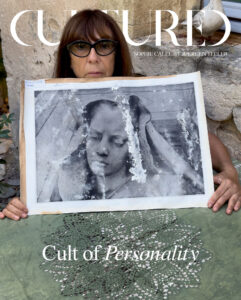
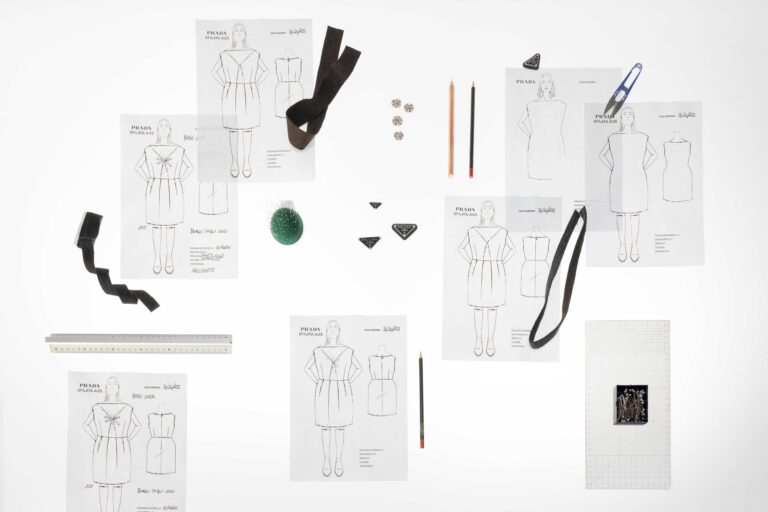

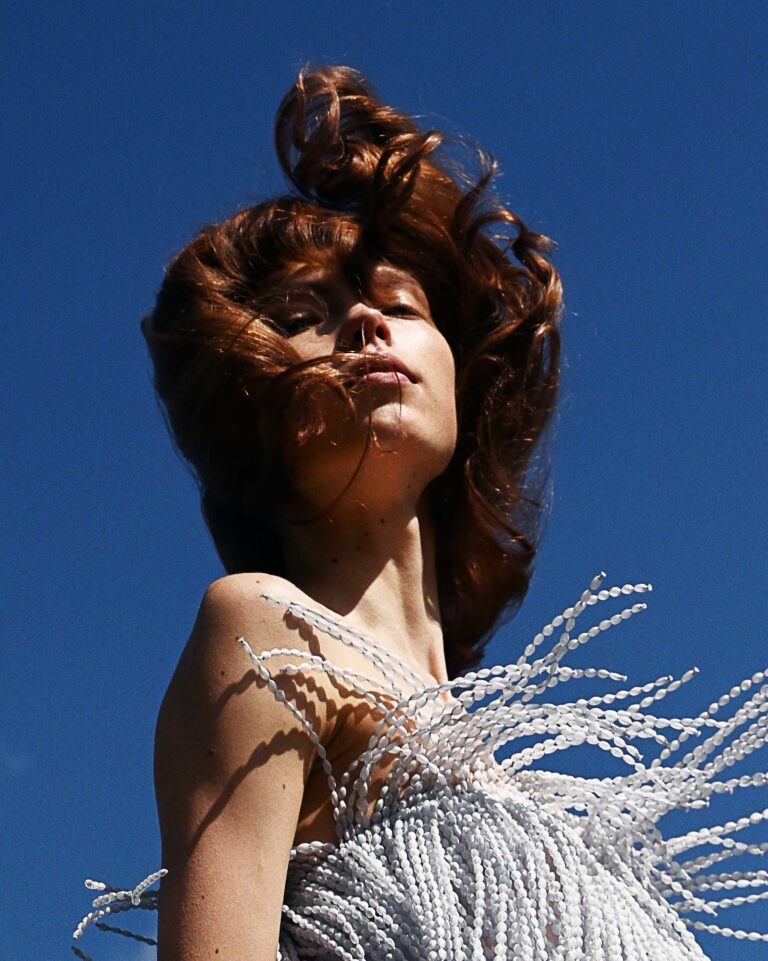
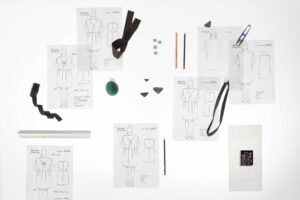

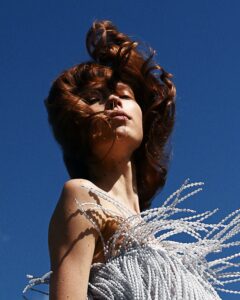

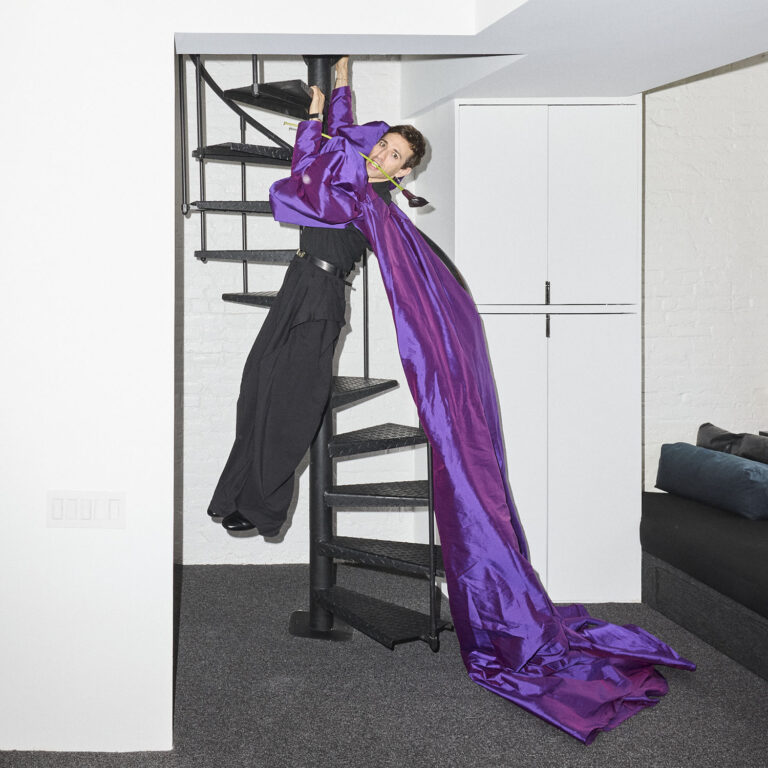

 in your life?
in your life?

